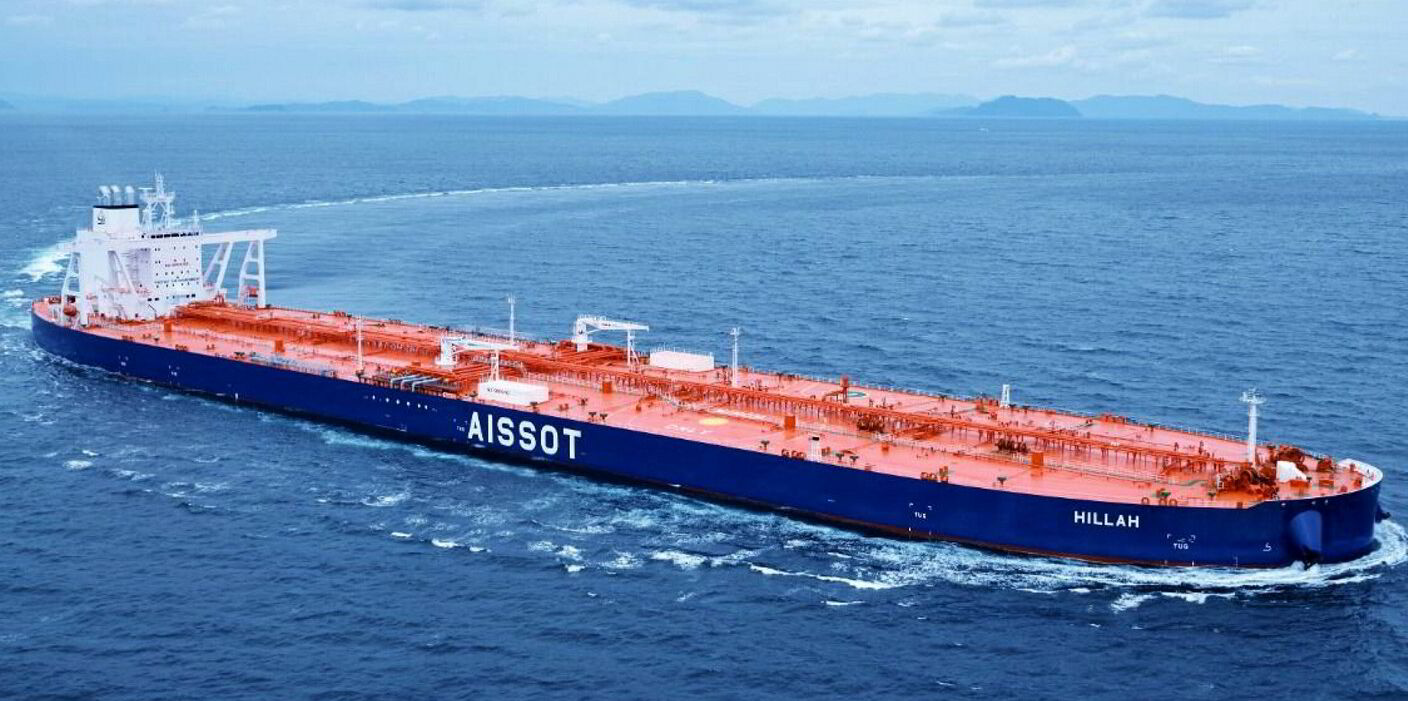Opec and its allies have again backtracked on their plans to unwind production cuts, with speculation that more delays are on the way.
The bloc agreed over the weekend to push back by a month its plan to raise crude oil production by 180,000 barrels per day from the end of November until the end of December, postponing a move many expect to be a boost for crude oil tankers.
“Considering where we are on overall oil price action and economic data, the decision is not too surprising,” Fearnleys Securities analysts said on Monday.
Chinese demand is weak while prices remain low, with Brent crude trading at $72.94 per barrel on Friday and West Texas Intermediate at $69.49 per barrel.
Fearnleys analysts Fredrik Dybwad and Nils Thommesen said with non-Opec+ production expected to increase in the first quarter of 2025, “it remains to be seen whether Opec+ will follow through with the planned cut reversal into the seasonally weaker quarter”.
The cuts have already been delayed once, with the bloc deciding in September to push back from the end of October, also reportedly due to weak economic data.
On Monday, oil prices began rebounding slightly, with Brent rising to $74.82 per barrel and WTI to $71.26 per barrel.
The unwinding cuts were expected to be a boon for tankers, especially VLCCs, as Opec appeared to be shifting its priorities from maintaining prices to defending market share.
Jefferies analyst Omar Nokta said last month that when that happens, the tanker market tightens and rates spike.
Crude tanker rates weakened across the board last week.
For VLCCs, charterers were able to hold down rates, with Clarksons assessing the Middle East to China route at $27,419 per day, 12% lower than last week.
Charterers were also able to grab the upper hand in the suezmax market, pushing down average earnings by 3% to $44,795 per day, while a lack of activity in the aframax segment saw rates crater by 17% on average to $35,389 per day.





